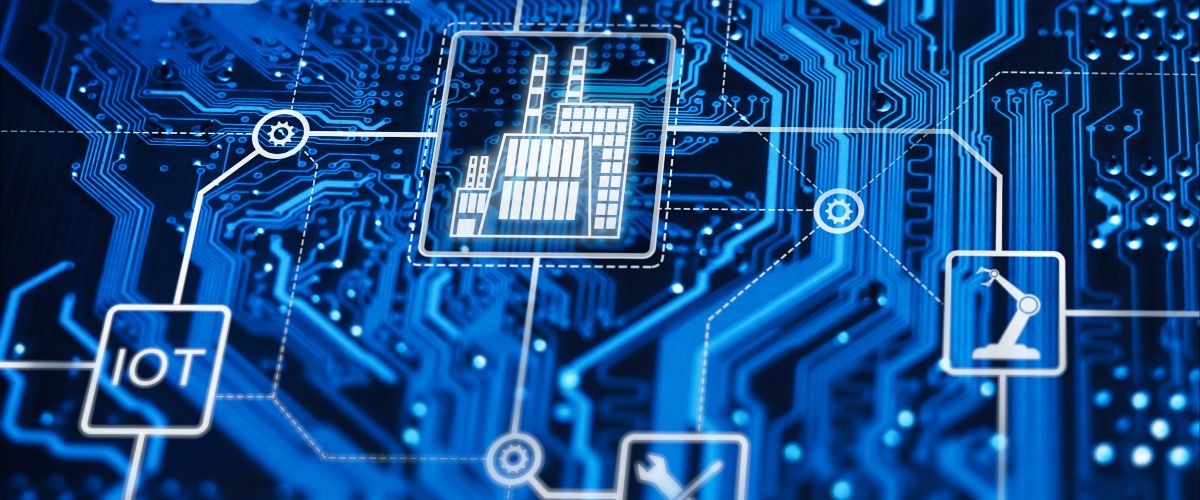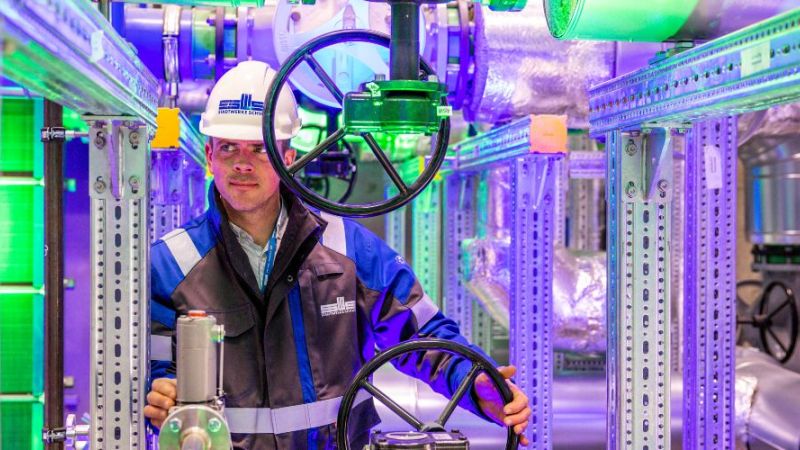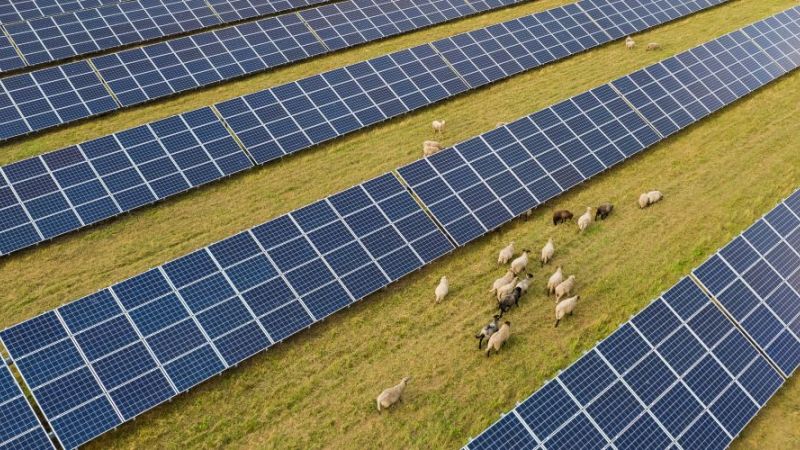System Integration And Digital Solutions
Great need for research on system integration and digital solutions
In an integrated energy system, energy system components are technologically and digitally linked across sectors. This linking makes it possible to provide flexibility options that are essential for integrating volatile renewable generation of electricity and heat as comprehensively as possible. In future, electricity generated from renewable sources will have to cover the additional demand for electric mobility, heat and electrolysis. In addition, improved forecasts will ensure that electricity consumption and storage are better harmonised with generation. The digitalisation of the energy system will enable the intelligent management of many decentralised generators, storage systems and consumers in an integrated system and limit the costs of infrastructure expansion.
Eligible research content on system integration and digital solutions
The BMWK supports application-orientated research and demonstration of solutions that further develop the cross-sectoral system integration of energy system components.
Digital methods are state of the art in all individual subject areas. Their share of the innovation process will continue to increase. The ongoing decentralisation and sector coupling in the energy system drives this process. Digital technologies and processes such as smart metering systems and IoT devices, 5G and 6G connectivity as well as broad, coupled and interoperable data spaces and digital twins of the energy system can support the increase in the efficiency of the energy system and the integration of prosumers.
Other relevant energy research topics on system integration and digital solutions
The increase in complexity and digital actuators in the energy system makes increasing process automation necessary in all areas of value creation, from generation, transmission and distribution to metering point operation and energy trading, and is supported by artificial intelligence (AI) and machine learning (ML) methods.
Successful digitisation in the long term is resilient to disruptions, the likelihood of which increases as the number of digital devices becomes ever more interconnected. Projects funded as part of the energy research programme should therefore also consider the security and resilience of the overall system.






